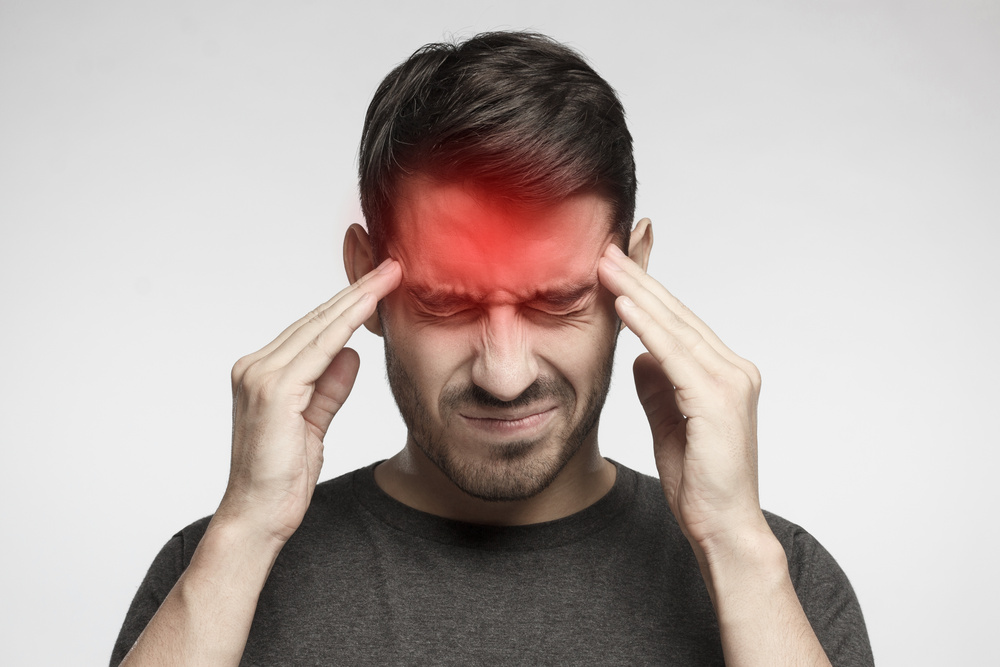
07 Oct When Headaches Are Caused by Cervical Radiculopathy
Headache pain is fascinating from a treatment aspect simply because so many different things can cause it. Headaches can be the result of stress and fatigue. They can be related to the condition we call migraine. Some headaches are related to the common cold and other viruses. But then there are more complicated headaches related to things like cervical radiculopathy.
Cervical radiculopathy is a condition affecting the cervical spine (upper back), particularly in the area of the shoulders and neck. It can lead to what are known as cervicogenic headaches. The headaches can range in intensity from mild to extremely painful. The good news is that there are treatments above and beyond OTC pain relievers.
More About Cervical Radiculopathy
Cervical radiculopathy is diagnosed when a nerve in the upper spine becomes compressed. This compression can be the result of a variety of things including a herniated disk, a narrowing of the spinal canal, a sudden injury, or even degenerative bone disease.
Like so many other conditions involving nerve compression, the pain resulting from cervical radiculopathy is very specific. Something is directly pinching the nerve in question, causing pain.
Its Connection to Headaches
Most cases of cervical radiculopathy come with pain in the neck and shoulders. The pain can radiate down into the arms as well. When headaches are involved, the patient is feeling pain radiating upward from a compressed nerve in the neck.
When nerves in the upper cervical spine are compressed, they generate pain signals. The signals can radiate along a nerve’s entire pathway. Sometimes that means radiating upward into the head. We see this a lot where the trigeminal nerve and upper spinal nerves converge.
Note that there are some common cervical spine issues that can lead to nerve compression in the neck. They include things like facet joint disease, disk problems, and injured vertebrae.
Symptoms of Cervicogenic Headaches
As doctors specializing in pain medicine, it is our job to help patients figure out why they are experiencing headaches. Obviously, not every headache is the result of nerve compression in the spine. But some are. How would we know? By looking for the following symptoms:
- Pain originating in the back of the neck and radiating upward.
- Pain being experienced in the forehead, temple, and around the ears and eyes.
- Companion pain in the shoulders and arms.
- Reduced neck flexibility.
- Pain that is consistently on the same side of the head or neck.
It is entirely possible for cervical radiculopathy to contribute to muscle weakness and other nerve-related symptoms in the arms. It can contribute to numbness and tingling as well as comparatively sharp pains in any affected body parts.
How the Condition Is Treated
A thorough physical examination could rule out headaches caused by cervical radiculopathy. But if your doctor had any suspicions that cervical radiculopathy was the culprit, imaging tests might be ordered. Your doctor might also recommend a diagnostic nerve block to confirm the suspicion.
As for how the condition is treated, most doctors begin with pain medication and physical therapy. Patients can wear a special collar or use a cervical pillow to relieve pressure while the body heals itself.
Here at Lone Star Pain Medicine, we offer additional treatments including injection therapies, discectomies, and discoplasty. One of our more common injection therapies is the facet joint injection.
Headaches caused by cervical radiculopathy can be both inconvenient and physically uncomfortable. If you suspect that your ongoing headaches may be the result of this condition, we invite you to pay us a visit at our Weatherford, TX clinic. Perhaps we can help you feel better.


Sorry, the comment form is closed at this time.